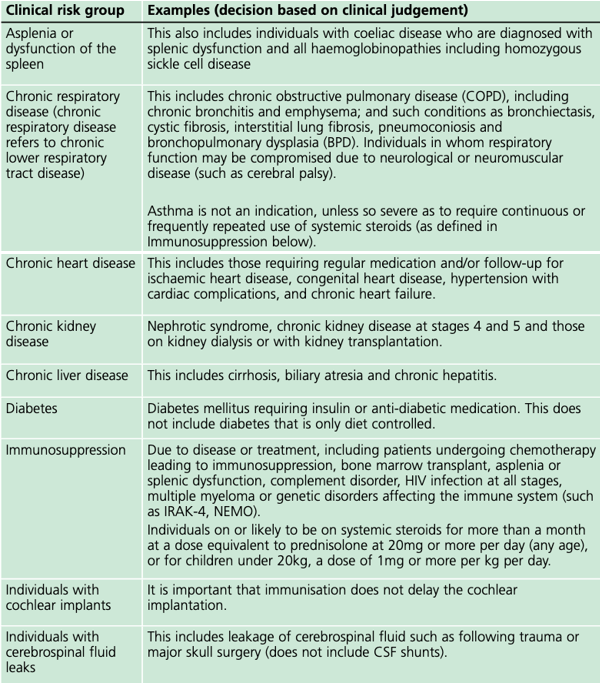_ RCGP Learning
Blog entry by _ RCGP Learning
Written by Dr Dirk Pilat
Learning disability is the preferred UK term for individuals who have a ‘significantly reduced ability to understand new or complex information, to learn new skills’ and a ‘reduced ability to cope independently which starts before adulthood with lasting effects on development’1. Mencap estimates that there are approximately 1.5 million people with a learning disability in the UK (2.16% of adults and 2.5% of children)2, but is likely that the number of diagnoses recorded in health and welfare systems is significantly lower than the actual number of people living with learning disabilities3. This group represent a widely heterogenous group of patients with a broad spectrum of diagnoses and comorbidities, and will include some without a firm diagnosis to explain their learning disabilities.
The life expectancy of people with learning disabilities is reduced compared with the general population, with only 37% of affected adults living beyond 65 years of age, compared with 85% of the general population. These patients are at disproportionately higher risk of preventable deaths; this is often due to the underlying cause of mortality not being detected early and/or a delay in appropriate referral, and sub-standard management of conditions once they have been diagnosed. A recent review of deaths of people with learning disabilities identified 42% of deaths in this group as avoidable4.
The second commonest cause of death in people with learning disabilities is respiratory (14.6%, compared with 16.7% who died of diseases of the circulatory system) with influenza and pneumonia being the most common infective causes. This clearly highlights the immense benefits this population would get from pneumococcal and influenza vaccination.
Evidence suggests that vaccine coverage rates are lower in those with a learning disability than in the general population; in children complete coverage rates were significantly lower for those with intellectual disabilities at ages nine months and three years5 and there is data to show that in the past, only half of adults receive a flu vaccination.
Pneumococcal vaccination is now part of the childhood vaccination regime and available for people in clinical risk groups as an additional vaccine depending on their age when they were diagnosed with a co-morbidity entitling them to the vaccination (see table).

In the risk group ‘chronic neurological disease’ (the category which includes those with learning disabilities), the mortality rate of influenza per 100,000 population is 37 times higher compared to those in no risk group. With annual influenza vaccination available for all affected since 2014, every general practice surgery has the chance to protect some of the most vulnerable people in their community, but this has not led to an appreciable increase in uptake.
To improve vaccine uptake amongst people with learning disabilities it is important to improve recording and coding (“coding is caring”!), as this will make this population more ‘visible’, facilitating invitation to annual learning disability health checks. Fear of medical interventions, including needles, may be a barrier to vaccination uptake in people with learning disabilities.
During the COVID-19 pandemic, NHS England developed a guide on how to increase uptake flu-vaccination for people with learning disabilities, and their key messages for GP-Surgeries were:
- GP surgeries should give a clear message that people with learning disabilities and their carers (family member and support workers) are entitled to a free flu vaccination.
- People on the learning disability register should have it recorded in their notes that they ‘need a flu vaccine’ – there is a specific Read / SNOMED code for this, or be called for vaccination using searches and reports on the clinical system.
- Practices can use this easy read flu invitation letter template for people with learning disabilities.
- Talk to people at their annual health check about why it is important that they have the flu vaccination.
- Put reasonable adjustments in place to help people with learning disabilities have their flu vaccination. This could be extra time, photo cards or an accompanying friend.
- The person seeing the patient may need to assess the patient’s capacity to decide to have the flu vaccine. If they do not have capacity for this decision, then this should not be a barrier to the flu vaccination being given; there would need to be a decision taken by the health professional that this is in their best interests.
- Consider the nasal spray flu vaccine as a reasonable adjustment. PHE guidance outlines the nasal spray can be used for people with a severe needle phobia. The nasal vaccine is not as effective as the injection, but some protection is better than none.
- Capitalise on attendance and offer the pneumococcal vaccine within the same appointment.7
In addition, people might benefit from scheduling their annual review during flu-vaccination season to try to immunise them opportunistically. The guide ‘Flu vaccinations: supporting people with learning disabilities’ from the UKHSA has a collection of resources on how to improve vaccine coverage for the target population.
Utilising these suggestions will increase vaccine coverage and improve health outcomes for one of the most vulnerable groups we look after in primary care.
References:
- Department of Health. Valuing People; A New Strategy for Learning Disability for the 21st Century. 2001.
- Mencap. How common is learning disability in the UK?
- NHS England and NHS Improvement. Improving identification of people with a learning disability: guidance for general practice. 2019.
- LeDeR Autism and learning disability partnership, King's College London. Learning from Lives and Deaths - People with a learning disability and autistic people (LeDeR) report for 2022. 2023.
- Emerson E, Robertson J, Baines S, Hatton C. Vaccine Coverage among Children with and without Intellectual Disabilities in the UK: Cross Sectional Study. BMC Public Health. 2019 Jun 13; 19 (1).
- UK Health Security Agency. Pneumococcal: the green book, chapter 25
- Learning Disability & Autism Programme Team – NHS England & Improvement, South West. Communications toolkit: Increasing uptake of the flu vaccination for people with learning disabilities. 2020.